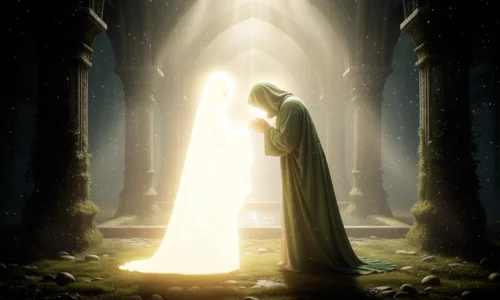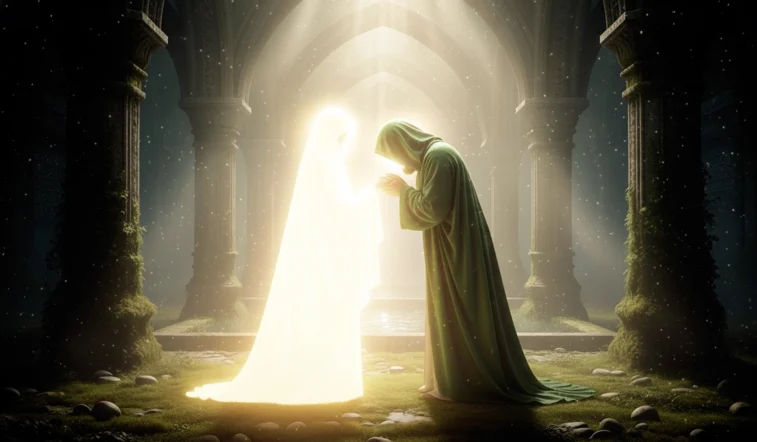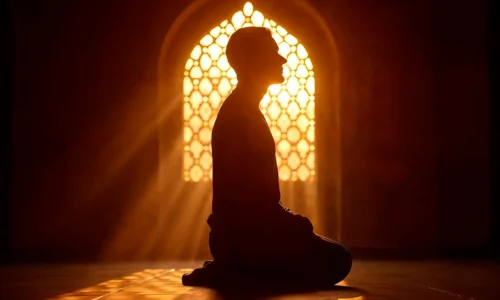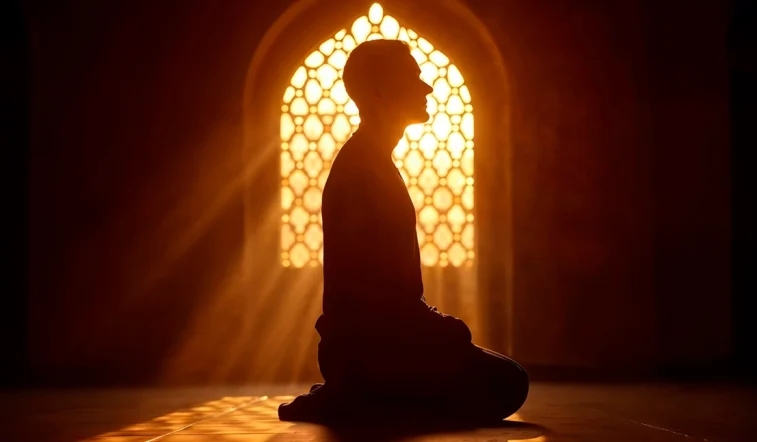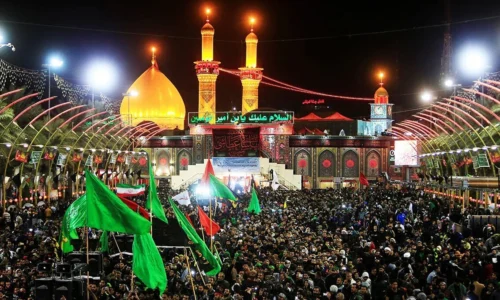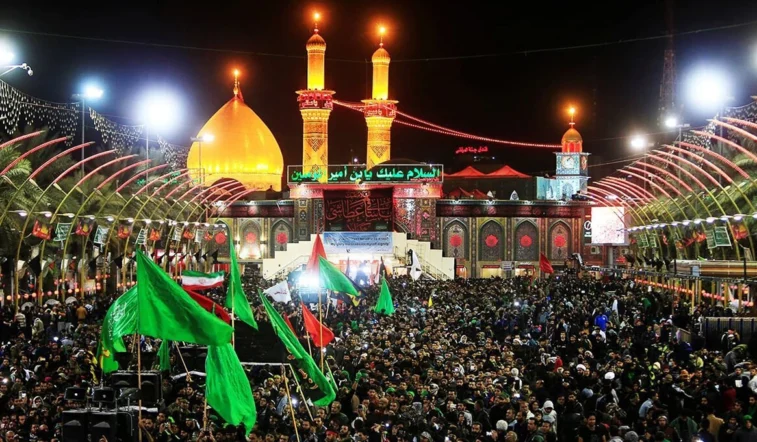The 12th Imam, known as Mahdi, is a promised leader whose mission goes beyond religion. His arrival signals a global call for justice, peace, and human unity.
In times of global confusion, rising injustice, and spiritual emptiness, many people find themselves searching for meaning beyond politics, culture, and even religion. Whether you believe in prophecy or not, figures who symbolize hope, justice, and moral leadership have always fascinated humanity. Among the most profound and least understood of these figures is the 12th Imam—Mahdi.
You might be wondering: If I’m not a Muslim, why should I care?
The answer is simple: Because Mahdi’s story is not just Islamic. It’s universal. His mission addresses the deepest needs of every human soul—truth, justice, and peace.
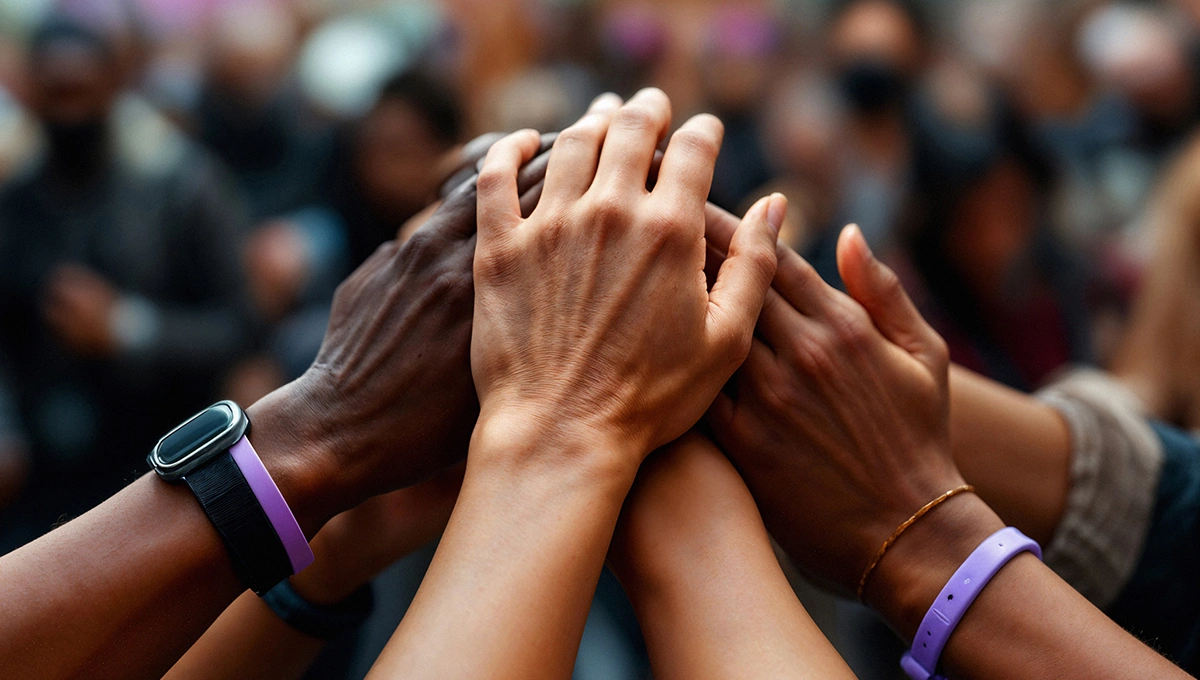
Who Is Mahdi?
Mahdi—whose name means “The Guided One”—is believed to be a living figure in occultation (a state of hidden presence). According to centuries-old accounts, he will reappear at a time of global crisis to lead humanity into an age of justice and spiritual awakening.
While he is known as the 12th Imam in Shi’a Islamic belief, many non-Muslim traditions contain similar descriptions of a future world savior. In essence, Mahdi is not just a man of faith—he is a man of destiny.
His emergence will not be about converting people to one religion, but about restoring truth, dignity, and harmony among all people, regardless of belief.
What Will He Do?
The mission of Mahdi is powerful and inclusive:
- Uproot oppression and tyranny, no matter where they exist.
- Expose global corruption and the misuse of power.
- Restore justice and fairness, especially for the poor, voiceless, and marginalized.
- Unite divided nations and people through compassion and wisdom.
- Prepare the world for a new era of peace and spiritual clarity.
He will not act alone. Prophecies from various traditions speak of righteous individuals who will join him—including Jesus (peace be upon him), who will return and stand beside Mahdi in solidarity.
A Shared Human Expectation
The idea of a promised redeemer is not limited to one religion:
- In Christianity, many await the return of Christ to bring peace and justice.
- In Judaism, the arrival of the Messiah is tied to the hope for global healing and unity.
- In Zoroastrianism, Saoshyant is the world-savior who will defeat evil and resurrect the dead.
- In Hinduism and Buddhism, figures like Kalki or Maitreya are seen as final restorers of balance and righteousness.
Mahdi shares many characteristics with these promised figures. The message is clear: humanity is wired with an ancient hope—the hope that someone will rise to break the chains of injustice and lead us into a brighter future.
Why Should You Care?
Even if you don’t follow any religion, the message of Mahdi still speaks to you. Here’s why:
- You care about justice. So does he.
- You’re tired of lies and manipulation. He will reveal the truth.
- You hope for peace in a world of conflict. That’s his goal.
- You dream of leaders who serve, not rule. That’s exactly who he is.
Learning about Mahdi doesn’t require belief. It only requires a willingness to listen to a vision of the future that is radically different—one where power serves the people, and truth is no longer hidden.
Conclusion: A Universal Leader for a Global Crisis
Mahdi is not a political leader or a symbol of one religion. He is the voice of justice in a time of deception. He is the hope of the oppressed when the world feels broken. His story is not distant folklore—it is a coming reality.
To know him is to reconnect with a global call for conscious leadership, moral clarity, and spiritual renewal.
You don’t have to be a Muslim to care about Mahdi.
You only need to care about the future of humanity.
